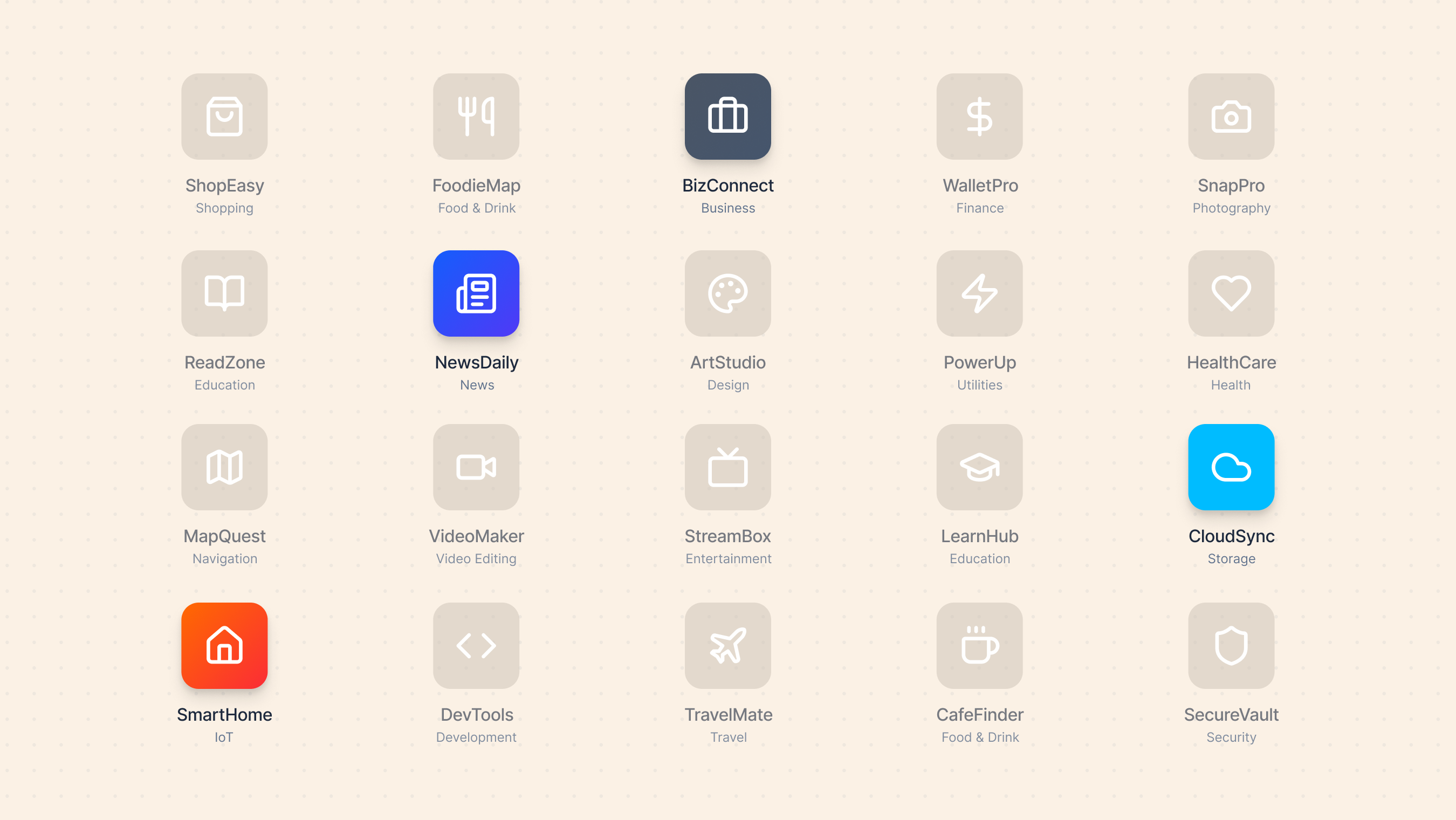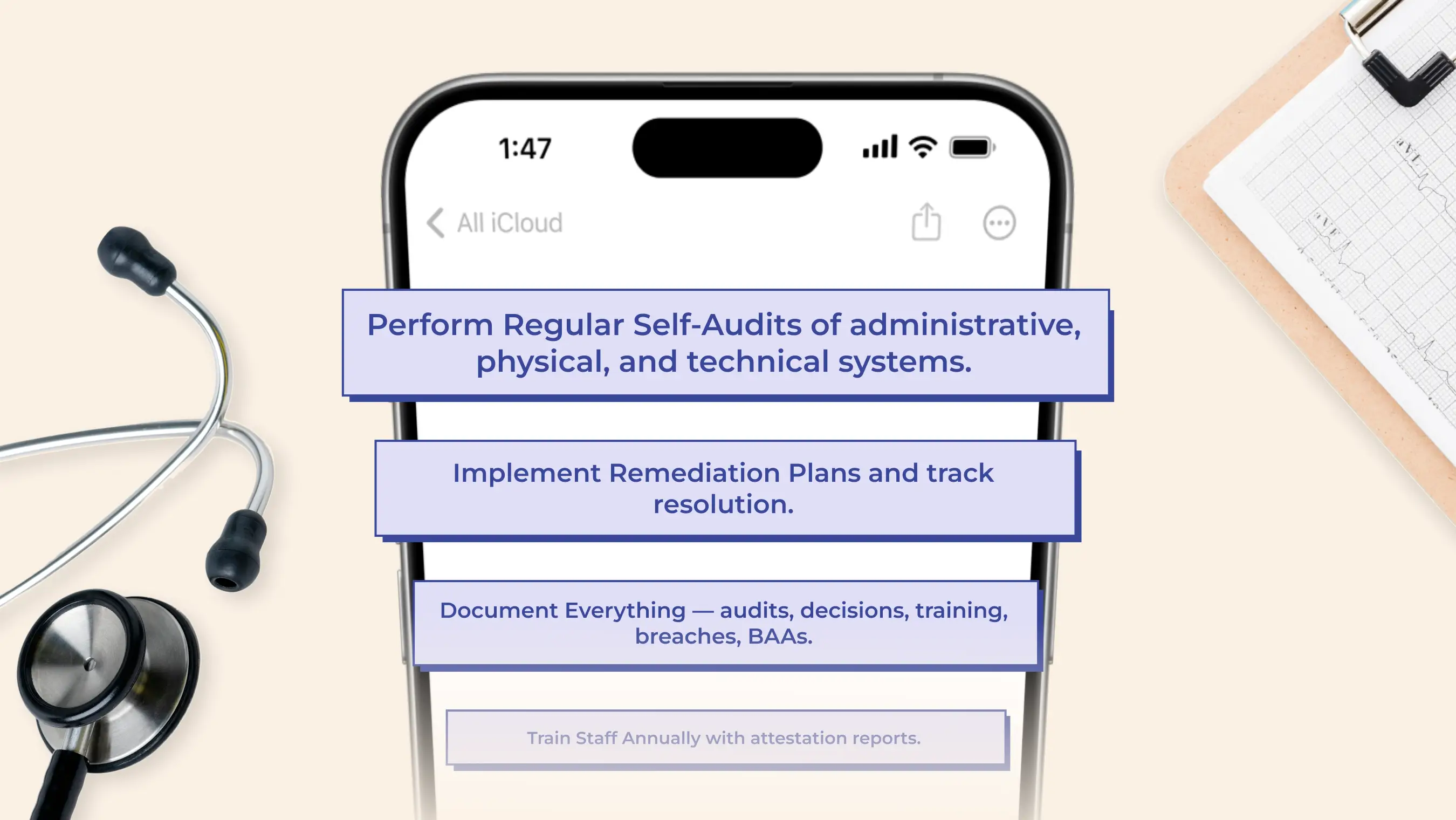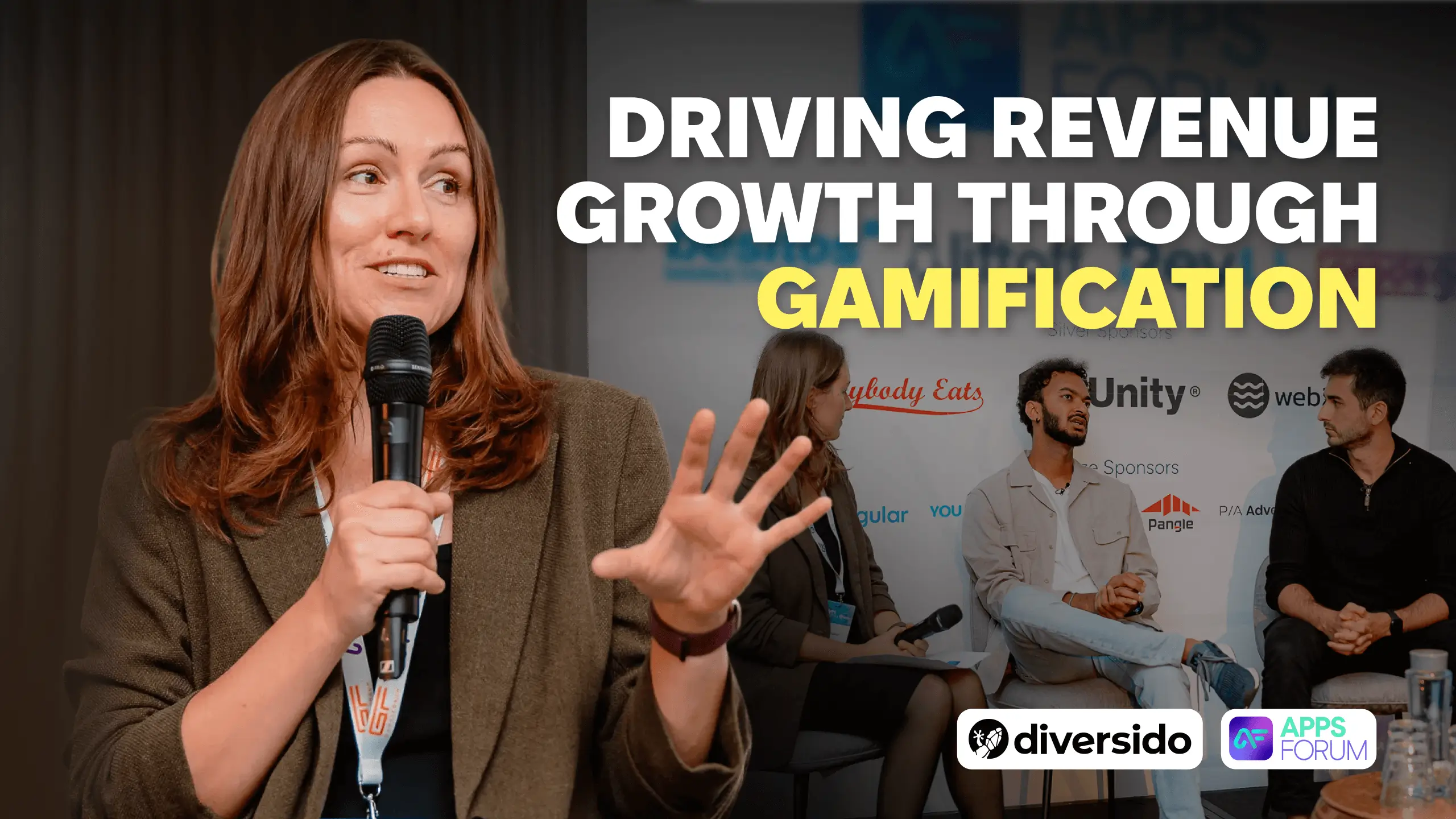
How We Helped Our Client Build an Innovative Startup with Gamification in Healthcare
We helped bring an innovative healthcare idea to life by building a gamified mobile platform for cognitive assessment. It’s secure, engaging, and built with research and compliance in mind.

Five years ago, we received an interesting and challenging request from the client. The task was to create an innovative healthcare product that would help the medical community improve the quality of care, accelerate research, and collect more precise patient data.
Who is the Client?
The client is a mobile health platform that modernises brain healthcare with on-demand cognitive, psychiatric, and neurological evaluations.

What were the business goals?
The business goals were:
- Building a complex mobile application, specifically geared for the medical community
- Having a proper precision measure and security standards
- Meeting HIPAA compliance criteria
- Setting up the first studies in the Research Universities that would use the product
- Getting ready for the new round of funding
- Gaining FDA approval
What kind of challenges did they face?
To provide a quality alternative to the old pen-and-paper tests, the new platform should have fulfilled the challenging requirements:
- A precise measurement of all the user’s actions is stored securely on the server
- Quality speech recognition service that would work offline
- The HIPAA-compliant mobile application and backend
- Engaging tests to keep patients’ attention for a long time
- The carefully versioned and documented application so that it should be clear which version of the app the data belongs to
- A transcription system for processing the patients’ speech
- The app that is easy to understand and use for elderly people with some cognitive impairment
- The UI design suitable for different possible cases like left- and right-handed users or color-blind people
- Easy access for clinicians to a useful data processing dashboard with precise permission schemes
- Explicitly stated user consent to participate in the study and agree to data processing

What type of products did they need?
The platform consists of:
- A mobile application that collects information about the patient via a short questionnaire and then provides an individual (defined by a clinician) set of cognitive tests in the form of engaging mini-games, with all the user activity data collected and sent to the backend
- The backend that collects and processes all the data, and an Admin panel for managing users and patients
- A dashboard for clinicians with data visualisation
- A web application that transcribes all the voice-recognised records
Applied approach and solution
- As the product was innovative, the requirements were regularly updated based on feedback from clinicians and patients. High flexibility was needed, so we chose the Time and Material approach.
- We chose Unity 3D for the mobile application. It is designed for game development, features numerous useful tools for games, and provides a cross-platform solution, allowing us to easily add Android support when needed.
- We used Ruby on Rails first as the backend technology. With it, it’s possible to build an elegant solution quickly, and it has a good admin console out of the box. However, it was later migrated to Python using Django because this framework allowed for better integration with scientific data processing libraries.
- For the front-end, we chose ReactJS as a robust and effective technology. It allowed us to create a responsive web application with a set of reusable components.
- PHI data was stored on the HIPAA-compliant TrueVault servers.
- We tried several different speech recognition services and chose the most fitting one — OpenEars, IBM Watson, and Kaldi.
- We applied Agile best practices in our work process, including daily meetings, regular status updates, control of overall progress, continuous delivery, and integration.

Work process in detail
We applied the Agile iterative approach. We started with the minimum functionality, using the deliverables as the working system, and added new functionality during each iteration. So, it was possible to release it at any time, collect feedback from the clinicians and patients, and adjust accordingly.
Each iteration consisted of the following phases.
Phase 1 — Requirements Analysis and Planning
Tasks to be done are discussed, clarified, documented, added to the backlog, and prioritised, based on the received feedback and the market demand. After that, we plan which tasks we will complete in the next iteration.
Phase 2 — Design, Development, and Testing
We always follow the continuous integration and delivery principle — starting with the minimum functionality, the first iteration deliverables are the working system that each subsequent iteration builds upon, adding new functionality. So, it is possible to release it at any time and create demo builds to show to potential clients or investors.
All stages — design, development, and QA — are carried out in parallel. While waiting for the design of particular elements, developers focus on ones that do not require design resources, and a QA engineer prepares checklists and test plans before the first task is ready for testing.
We hold daily meetings with the team to provide quick updates, discuss ongoing questions, and more.
Phase 3 — Deployment, Review, and Launch
At the end of the iteration, we have all the 100% complete features and tasks available in the Staging environment. All stakeholders can review it and share their feedback.
If everything looks good, we deploy it to Production, create the corresponding builds, and QA performs final testing to ensure everything works properly. We are then ready for the new iteration. However, before starting, we have a brief retrospective on how the previous iteration performed and what needs improvement.
Results
- We created a set of mini-games replacing pen-and-paper tests for the following assessments: attention, calculation, executive function, fine motor function, verbal learning and memory, processing speed, speech, language, and visuospatial function.
- The product is a HIPAA-compliant solution that is getting FDA approval.
- The company filed several patents.
- The solution is used for multiple clinical research studies
About us
We’re Diversido — a UK-based development company with deep expertise in healthcare and education. Since 2013, we’ve been building secure, intuitive web and mobile applications that meet industry standards like HIPAA, NHS, and GDPR.
We’re a small team that believes in doing things properly — with transparency, reliability, and clear communication at the core of every partnership.
What’s Next?
Got a healthcare idea in mind or curious how digital innovation could elevate your product? Let’s chat, we’d be happy to share our experience (no hard sells, promise).
Just drop us a line at contact@diversido.io






